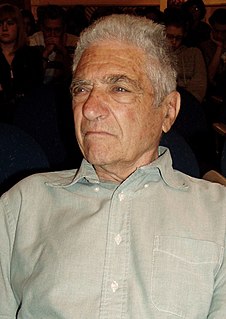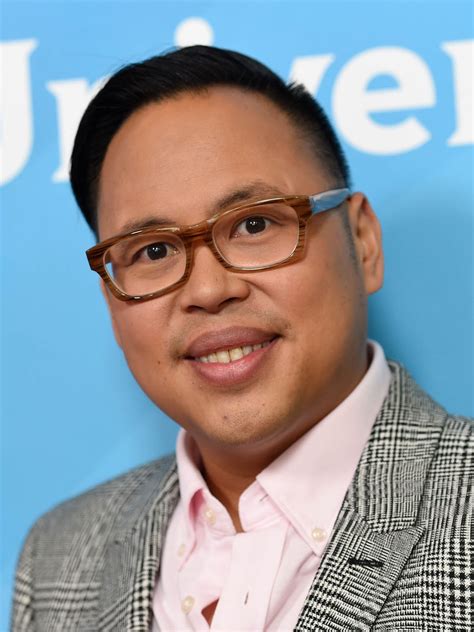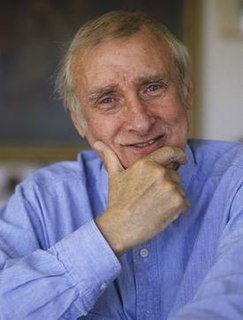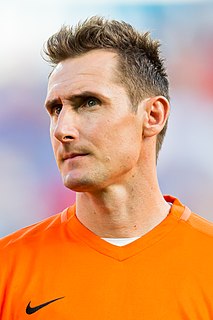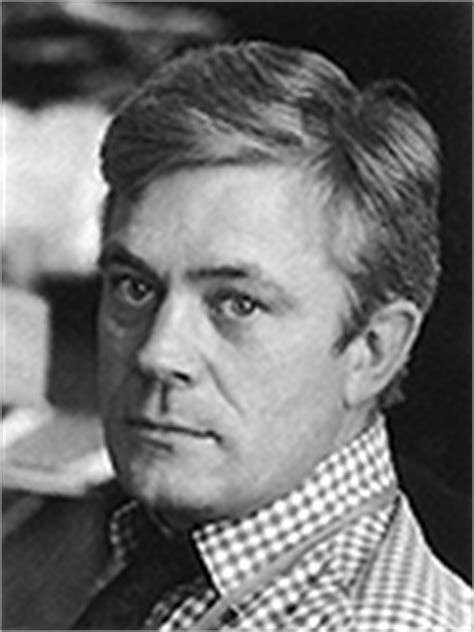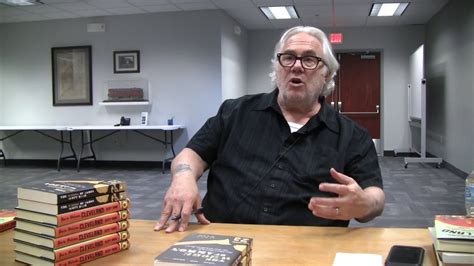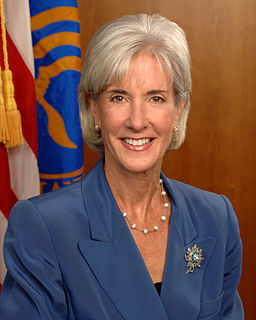A Quote by Antony Beevor
I joined the Army in 1965 and served with the 11th Hussars, which I loved. The regiment was so relaxed - a salute was more like a friendly wave.
Related Quotes
I'm happy to respect authority when it's genuine authority, based on moral or intellectual or even technical superiority. I'm eager to follow a hero if we can find one. But I tend to resist or evade any kind of authority based merely on the power to coerce. Government, for example. The Army tried to train us to salute the uniform, not the man. Failed. I will salute the man, maybe, if I think he's worthy of it, but I don't salute uniforms anymore.
For educated Americans like Joseph Ellis, Vietnam is a special hang-up. I am an Englishman of exactly the Vietnam generation, a couple of years younger than Ellis; indeed, for reasons too complicated to explain here, I was nearly drafted into the US army in 1965. I know many Americans of my own age and, as much to the point, my own class - journalists, publishers, lawyers. And I don't think I know one who served in Vietnam.
That was a pretty fine Army that we had in 1965. By 1973, it was in tatters. It was a disgrace to the country and to itself, to its own heritage, really. So it's, you know, the Army belongs to all 307 million of us. It is our common possession, it's our common heritage. As goes the Army, so goes the republic.

